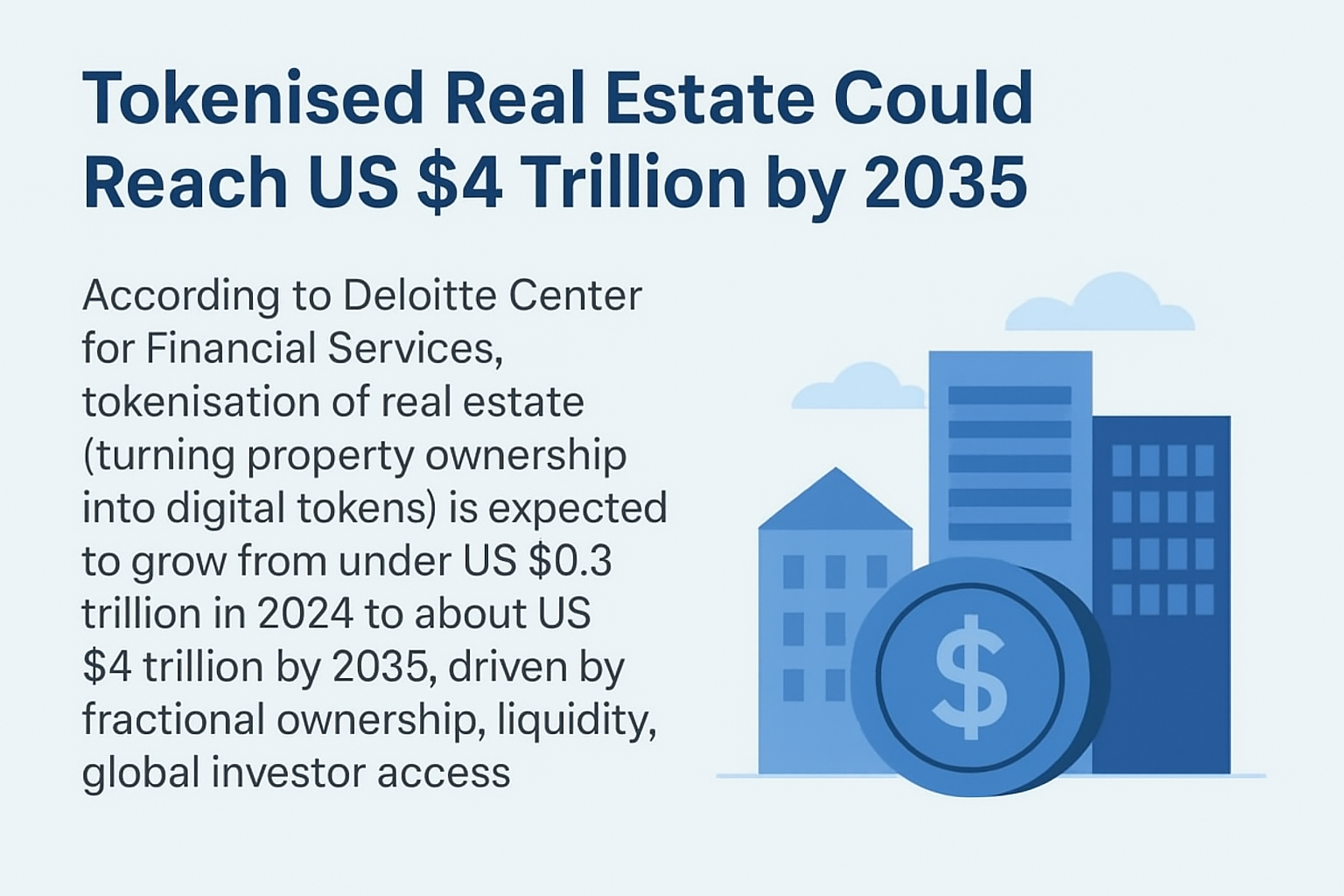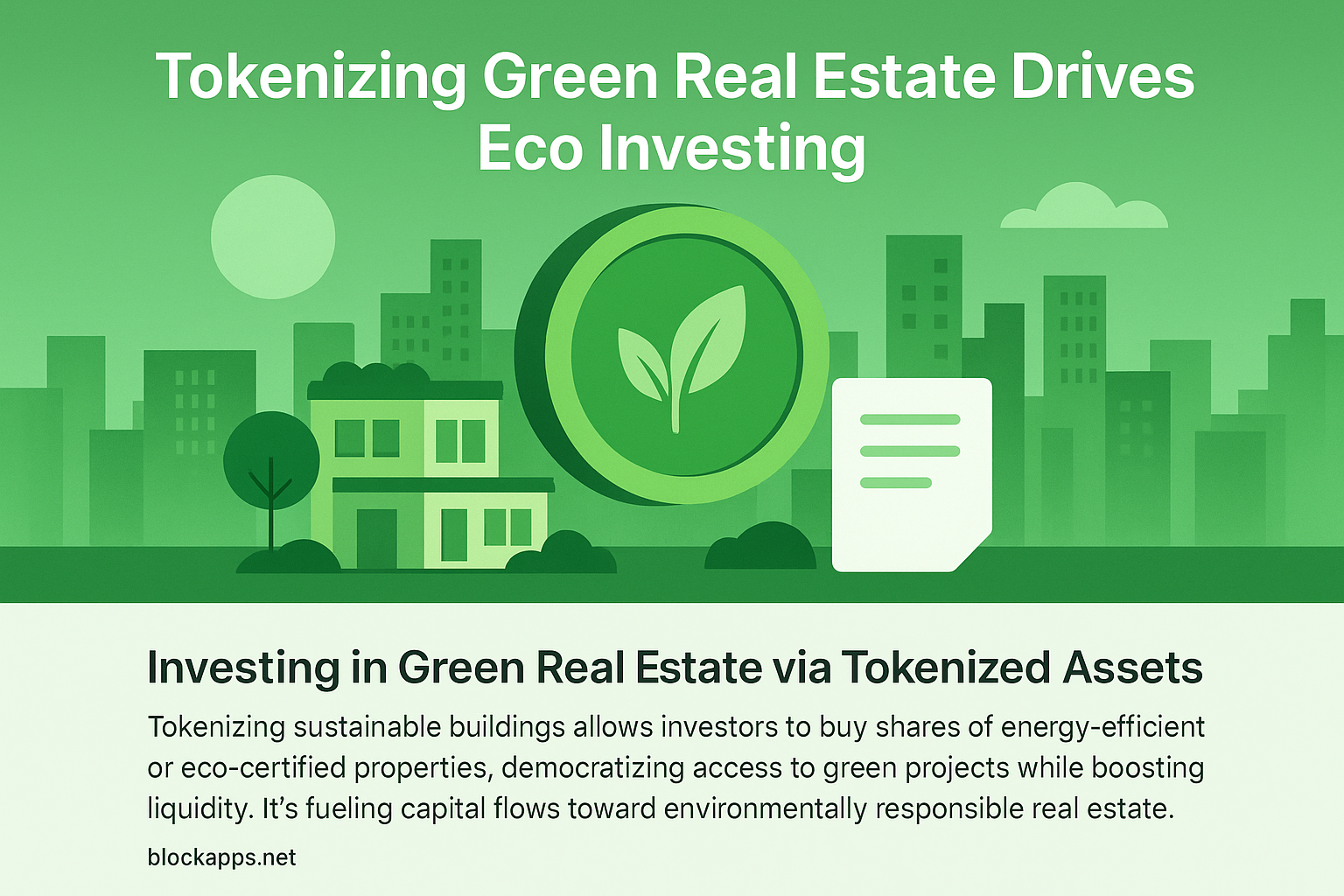In recent years, blockchain technology has emerged as a transformative force across industries, driving innovation and efficiency. One of its most promising applications lies in promoting environmental sustainability. By enhancing transparency, enabling traceability, and fostering accountability, blockchain is reshaping how organizations approach sustainability goals and ecological stewardship.
Enhancing Supply Chain Transparency
Blockchain’s decentralized ledger system ensures immutable records, making it ideal for supply chain management. Industries can use blockchain to track the origin, production, and distribution of goods, ensuring ethical sourcing and reducing environmental impact. For instance, companies can verify whether raw materials are sourced sustainably or if their products comply with environmental standards.
By eliminating opacity, blockchain empowers consumers and businesses to make environmentally conscious decisions, creating a ripple effect that prioritizes sustainability at every stage of the supply chain.
Facilitating Peer-to-Peer Energy Trading
Decentralized energy grids powered by blockchain are revolutionizing the way energy is produced, distributed, and consumed. Peer-to-peer (P2P) energy trading platforms enable individuals and businesses to buy and sell renewable energy directly. This reduces reliance on centralized energy providers and promotes the adoption of clean energy sources like solar and wind power.
Smart contracts—self-executing agreements stored on the blockchain—ensure fair and transparent transactions, while incentivizing the use of sustainable energy. These systems are already being implemented in pilot projects worldwide, demonstrating blockchain’s potential to decentralize and democratize energy systems.
Supporting Sustainable Practices
Blockchain’s potential to support sustainability extends beyond supply chains and energy. It’s being used to:
- Track Carbon Credits: Blockchain ensures accurate and tamper-proof records of carbon offset initiatives, helping companies and governments meet climate goals.
- Promote Circular Economies: By enabling transparent recycling processes and tracking product lifecycles, blockchain fosters the reuse and repurposing of materials.
- Streamline Environmental Reporting: Organizations can use blockchain to maintain accurate records of their environmental impact, ensuring compliance with global sustainability regulations.
The Role of Blockchain Development Companies
As blockchain adoption accelerates, blockchain development companies play a critical role in designing, implementing, and optimizing solutions tailored to sustainability goals. These companies collaborate with clients to:
- Develop custom blockchain platforms for traceability and transparency.
- Create smart contract solutions for energy trading and resource management.
- Integrate blockchain technology with IoT devices for real-time data collection and monitoring.
The Path Forward
The convergence of blockchain technology and environmental sustainability offers unprecedented opportunities for innovation. By fostering transparency, accountability, and collaboration, blockchain is empowering industries and individuals to prioritize sustainability without compromising efficiency or profitability.
For organizations committed to making a difference, partnering with a blockchain development company can unlock new avenues to reduce environmental impact and achieve long-term sustainability objectives. Blockchain isn’t just a tool for progress; it’s a catalyst for a greener, more sustainable future.




